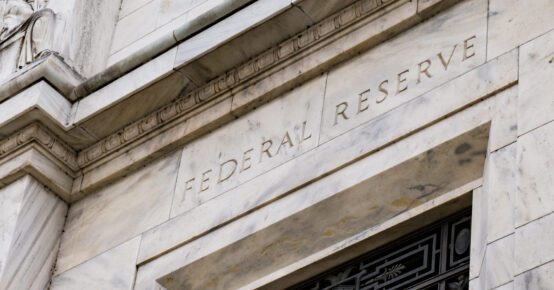The Russian invasion of Ukraine is into its second month. The ongoing ramifications of the conflict are still dominating the financial picture, overshadowed by the dreadful scenes of destruction and humanitarian crisis we see unfolding on our screens. Our thoughts are with all those suffering and we hope for a speedy resolution to end the bloodshed.
Ukraine
Assuming the reliability of the reports coming out of Ukraine, it has become increasingly clear that Russia will not achieve a decisive military victory. According to many accounts, the Ukraine resistance holds firm and has achieved significant military success, aided by Western arms shipments and intelligence. Discerning propaganda and disinformation from facts is complex, but the war is unlikely to be won on the ground and continue until a negotiated cessation is reached.
Last week’s G7 meeting symbolically took place in NATO headquarters in Brussels. Western leaders announced that they will continue to pile pressure on the Russian economy. The G7 announced further sanctions and blocked financial transactions involving the Russian central bank’s international reserves of gold.
President Putin gave ‘unfriendly’ nations one week’s notice that they would have to start paying for Russian gas in roubles in a bid to support the currency. With that notice running out next week and European companies holding contracts for payment in Euros, what will happen is anyone’s guess. Energy prices have skyrocketed, impacting the entire financial system as they squeeze domestic, commercial and national budgets.
The UK Spring Statement
Amid the uncertain macro-picture and still reeling from the economic fall-out of the pandemic, the UK Chancellor, Rishi Sunak delivered his Spring Statement.
Much focus was on his confirmation that from July the National Insurance threshold would rise from £9,568 to £12,570, bringing it in line with the income tax personal allowance. The government claims most people will benefit from the move; however those earning over £42,000 are likely to face paying more.
UK tax payers will be hit hard. In addition to skyrocketing home energy prices, the National Insurance hike and an increased tax on dividends, there is a freeze on personal tax allowances and inheritance tax until at least 2026.
Mr Sunak announced his intention to cut the basic income tax rate from 20% to 19% in 2024. Still, despite this, it is clear that UK tax payers will receive no significant relief from their government in the foreseeable future. UK expats should take advantage of their tax status to build and protect their wealth.












